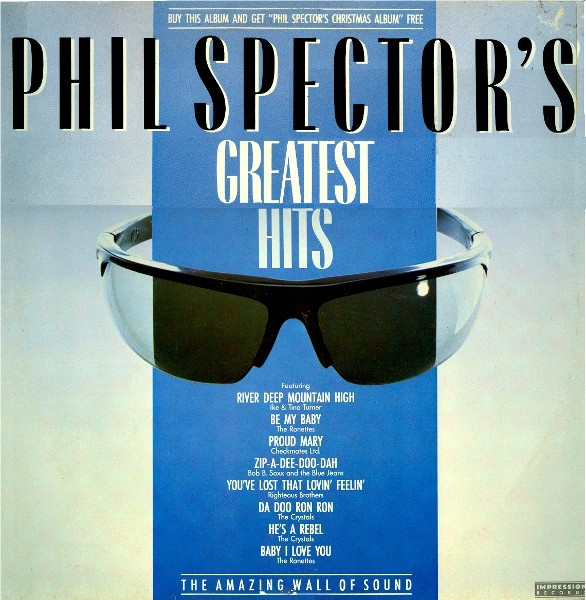The Ethiopians: Reggae Power - 1969
After the heavily ska-influenced groove of 1968's Engine 54, The Ethiopians returned the following year with this excellent, most enjoyable album that signalled a relatively significant change in sound.
The more jaunty, horn-driven ska grooves were replaced by a sort of rock steady meets roots vibe. Yes, the horns are still there, but the pace is slower, the melody not so obviously carefree as the dense, more serious roots sound started to make itself known. For that reason, this is quite an important album in the gradual transition of reggae from ska-bluebeat to roots via rock steady. For a 1969 reggae album the sound quality is outstanding. It is a great little album that gives pleasure from beginning to end.
Probably the most well-known cut on the album is the insistent and infectious brassy skank of Woman Capture Man which is followed by a similarly popular number in the skinhead groove of Everything Crash, a song that details a general strike that took place in Jamaica in 1968. What A Fire continues the upbeat vibe while (I'm Not) Losing You is a slightly lower pace, typically end of the sixties pleasantly metronomic rock steady number.
Robert F. Kennedy is a short but attractive slow ska-style instrumental tribute to the recently-murdered US politician. Hong Kong Flu is, in 2020, a bit of an alarming song about a deadly virus - "it's terrible, it's a killer" we are told. Gun Man (aka You) is one of the first of what would be many songs addressing the problem of gun crime.
One (Heart, One Love) is also notable for its spoken, sort of prototype 'toasting' vocal over an intoxicating rhythm. The rasta invocation of "dread" is used too, one of its earliest appearances. The guitar parts on this one are excellent too. Feel The Spirit was a gospelly, piano-driven number, the chorus of which that Bob Marley appropriated for the "feel dem spirit" bit on Put It On. Dollar Of Soul ends proceedings with a very late sixties-style reggae instrumental groove, similar to The Upsetters' material from the same period. This was an album which saw the group be less of the lighthearted vocal trio they looked like on some pictures at the time and more of a roots-influenced band.










